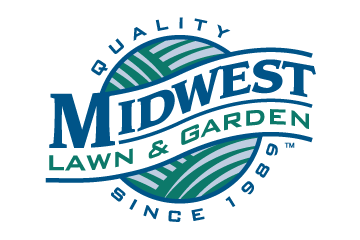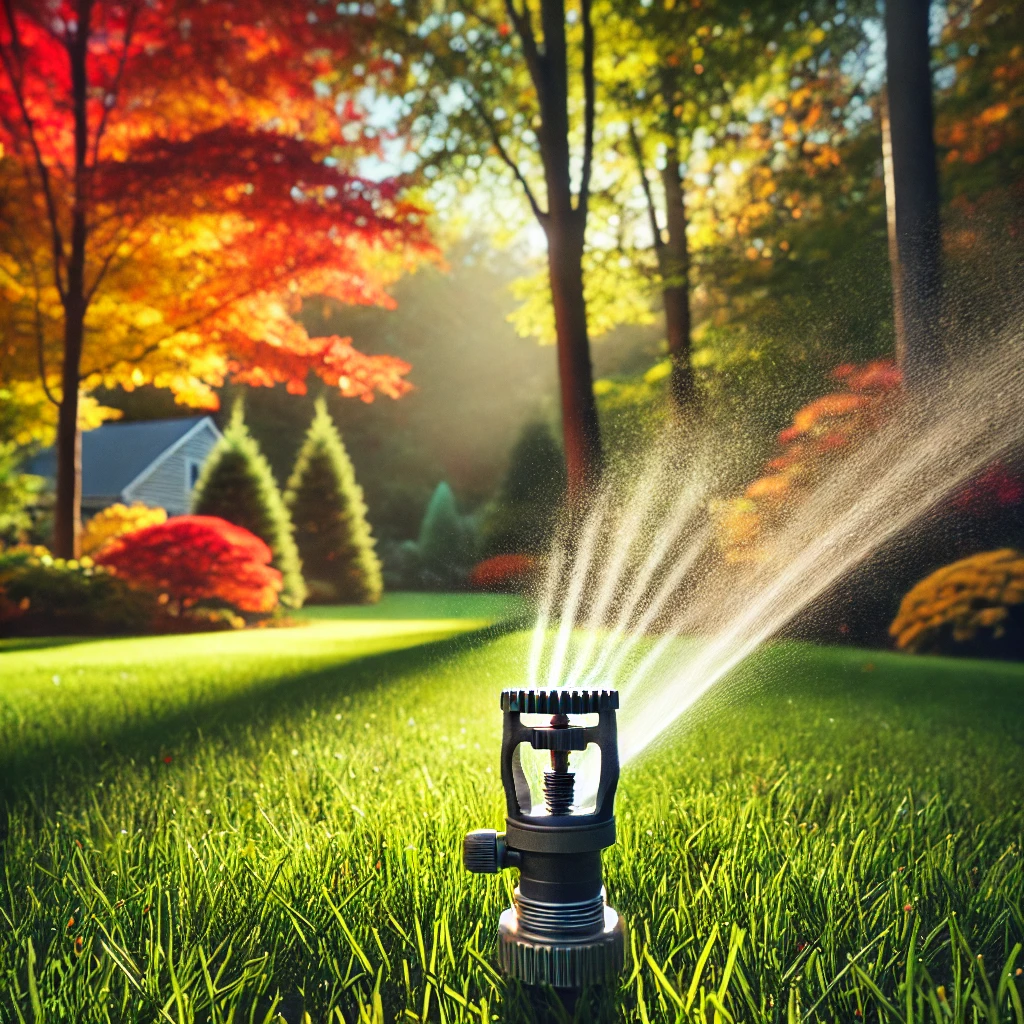How Do I Winterize My Irrigation System?
Preparing your irrigation system for the cold weather is essential as winter approaches to avoid costly damage and ensure it functions efficiently come spring. Winterization involves several vital steps to protect the pipes, valves, sprinklers, and other components from freezing temperatures. This guide will explain why winterization is important, explain the process involved, and provide helpful tips to ensure your system stays in good condition during the off-season.
Why Is Irrigation Winterization Important?
The primary reason for winterizing your irrigation system is to prevent freezing water from damaging pipes, valves, and other components. When water freezes, it expands, leading to cracks and breaks in pipes, fittings, and sprinkler heads. Repairing these damages can be costly and time-consuming. Additionally, ensuring proper winterization can extend the life of your system and help you avoid the hassle of unexpected repairs.
When Do I Winterize My Irrigation System?
The best time to winterize your system is before the first hard frost, typically when temperatures consistently drop below freezing at night. In most regions, this is late fall, around October or November. If unsure about the best time to winterize, check local weather patterns or consult a professional irrigation service provider.
Steps to Winterizing Your Irrigation System
- Shut Off the Water Supply The first step is turning off the water to your irrigation system. Locate the main shut-off valve, typically found near the water meter or where the irrigation system connects to your home. Ensure the valve is tightly closed to prevent water from flowing into the system.
- Drain the System There are three main methods for draining water from the irrigation system: manual drain, automatic drain, and blowout.
- Manual Drain: For systems with manual valves at low points, open these valves and allow the water to drain naturally. Be sure to drain backflow preventers, sprinkler heads, and any above-ground pipes.
- Automatic Drain: Some systems have automatic drain valves that open and release water when the pressure in the pipes falls below a certain level. After shutting off the water supply, activate the system briefly to reduce the pressure and allow the automatic drains to function.
- Blowout Method: This method uses an air compressor to force the remaining water out of the pipes. It’s the most reliable way to remove all water, especially in systems with complex piping layouts. Attach the compressor to the system’s blowout port, turn on the compressor, and systematically blow out each zone until no water is left in the pipes. Be cautious using this method, as too much air pressure can damage components.
- Insulate Above-Ground Components Protect above-ground parts of your system, such as backflow preventers and exposed piping, by insulating them. Use foam pipe insulation, insulated covers, or even blankets designed for outdoor equipment. This extra layer of protection will help guard against any residual moisture freezing and damaging your system.
- Shut Off the Controller If your irrigation system has an automatic controller, turn it off for the winter or set it to “rain mode.” This will prevent the system from attempting to activate during the winter. Many modern controllers have a winter setting that keeps the system in a dormant state while preserving your programmed schedules for the next season.
- Check for Any Leaks or Damage Before completing the winterization process, walk through your yard and inspect the system for any leaks or visible damage. This is an excellent time to address any issues that may have occurred over the season, such as broken sprinkler heads or cracked pipes.
- Winterize Pumps and Filters If your system uses a pump, it must be properly winterized as well. Turn off the power to the pump and drain it completely. Remove and clean any filters or screens, and store them in a dry, safe location until spring.
Common Mistakes to Avoid During Winterization
- Not Draining All Zones: Forgetting to drain a zone, especially in systems with multiple zones, can leave water trapped in certain sections, leading to freeze damage.
- Using Too Much Air Pressure During Blowout: When using the blowout method, use an air compressor with the appropriate pressure. Excessive pressure can damage pipes, valves, and sprinkler heads.
- Forgetting to Insulate Above-Ground Components: Backflow preventers and above-ground pipes are particularly vulnerable to freezing. Leaving them unprotected can result in costly repairs.
Professional Winterization vs. DIY
While it is possible to winterize an irrigation system yourself, there are benefits to hiring a professional. Professional irrigation technicians have the right tools and expertise to ensure the job is done correctly. They can also spot potential issues that you might miss, saving you time and money on repairs in the long run. If you’re uncomfortable using the blowout method or have a complex system, calling in a professional is recommended.
Preparing for Spring
Once winter has passed, preparing your system for the new season is just as important as winterizing it. Before turning the water back on, inspect the system for any damage, clean the filters, and reset the controller. Running a quick test of each zone will ensure everything is functioning correctly.
Winterizing Your Irrigation System is Crucial
Winterizing your irrigation system is a critical maintenance step that protects your investment and ensures it continues to operate effectively for years to come. You can avoid freeze damage and costly repairs by shutting off the water, draining the system, insulating exposed components, and preparing the controller and pump. Whether you decide to DIY or hire a professional, taking the time to properly winterize your system will give you peace of mind during the cold months and help your system hit the ground running in spring.
Midwest Lawn and Garden Covers Your Irrigation Winterization
If you have any irrigation winterization or sprinkler system maintenance needs, message Midwest Lawn and Garden today and we can get your project on our schedule! We provide Comprehensive Irrigation and Sprinkler System service from installation of new systems to the annual maintenance of your installed residential or commercial irrigation system. Get in touch with us today for your irrigation needs.



